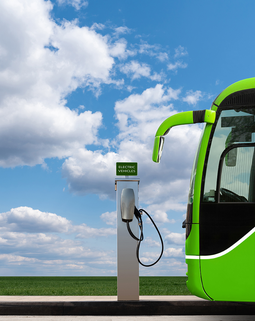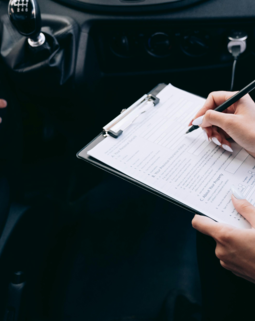Introduction
Importing used cars into Kenya involves a series of procedures and regulations. This article provides a detailed overview of the import process, offering valuable insights for those interested in bringing a used car into the country.
Preparing Documentation
Before importing a used car to Kenya, it is essential to gather all necessary documentation. This includes the original logbook, a purchase invoice, and a valid import declaration form. Ensuring that all paperwork is in order will facilitate a smoother import process.
Compliance with Regulations
Imported used cars must meet specific regulations by the Kenya Bureau of Standards. These regulations cover various aspects, such as age restrictions, emission standards, and roadworthiness. Adhering to these requirements is crucial to avoid complications during the importation process.
Shipping and Logistics
Arranging shipping and logistics is a crucial step in importing a used car. A reliable shipping agent or freight forwarder with experience handling vehicle imports is recommended. In addition, proper documentation, such as the bill of lading and customs clearance forms, should be obtained to ensure a hassle-free transport process.
Customs Clearance and Duties
Clearing customs is an integral part of the import procedure. Importers must pay the applicable customs duties and taxes based on the vehicle's value, engine capacity, and age. Engaging the services of a licensed clearing agent can simplify the customs clearance process and ensure compliance with the regulations.
Registration and Licensing
Once the used car arrives in Kenya, it must undergo registration and licensing procedures. This involves obtaining a new logbook, acquiring motor
vehicle insurance, and paying the relevant registration fees. These steps will enable the imported vehicle to be legally used on Kenyan roads.





